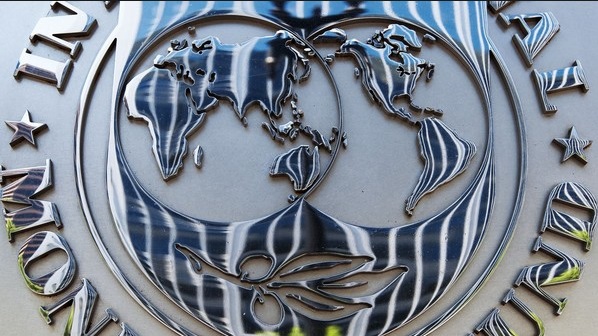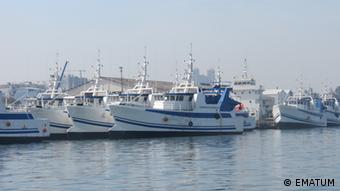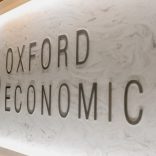Mozambique still faces extreme poverty despite technological advances
IMF will be decisive in next steps on Mozambique’s debts – EIU

File photo
The Economist Intelligence Unit believes that it will be for the IMF to decide whether the national security argument exempts the country from revealing the fate of hidden loans or whether it will have to disclose the audit.
“The International Monetary Fund is going to visit Mozambique in mid-July, when it essentially has to decide whether to accept the authorities’ argument about national security, and sets a worrying precedent for other countries, or forces total disclosure [of the audit] at the risk of deepening the political and economic crisis in Mozambique,” the economic analysis unit of the British magazine The Economist writes.
According to an analytical note sent to investors entitled ‘Debt audit reveals chronic irregularities’, EIU experts say that the findings “of the much longed-for debt audit point to a complete absence of prior diligence, and probably fraud “.
At stake is the disclosure of an independent audit conducted by the Kroll consultancy and funded by the Swedish embassy, which concludes that “Proindicus and Mozambique Asset Management (MAM) were overcharged by Privinvest by US$173 million, plus an additional US$500 million in expense remaining to be discovered”.
Protection versus charges?

The conclusions, says the EIU, were not new to donors or creditors, and it was not surprising that the Mozambican authorities rejected some elements that Kroll requested to trace around US$2 billion in loans to Mozambican Tuna Company (EMATUM), MAM and Proindicus.
“Intelligence services have argued that the information required was confidential in the interests of national security, but critics of the government will see this only as a way to protect the people involved from a possible prosecution,” the EIU writes.
This lack of transparency, the Economist’s analysts say, “lowers the prospect of a compromise between government, donors and creditors on the management of this debt saga”, which should end in some sort of compromise despite the added difficulties brought about by the restrictions to the debt audit process.
The hidden debt scandal broke out in April 2016 – Ematum’s US$850 million (EUR 759 million) debt was known but not Proindicus’s US$ 622million (EUR 556 million) and MAM’s US$535 (EUR 478 million) debt – and threw Mozambique into a crisis unprecedented in recent decades.
International partners suspended aid, the currency declined steeply and by 2016 inflation had risen to 25 percent, aggravating the already high cost of living in the country.












Leave a Reply
Be the First to Comment!
You must be logged in to post a comment.
You must be logged in to post a comment.